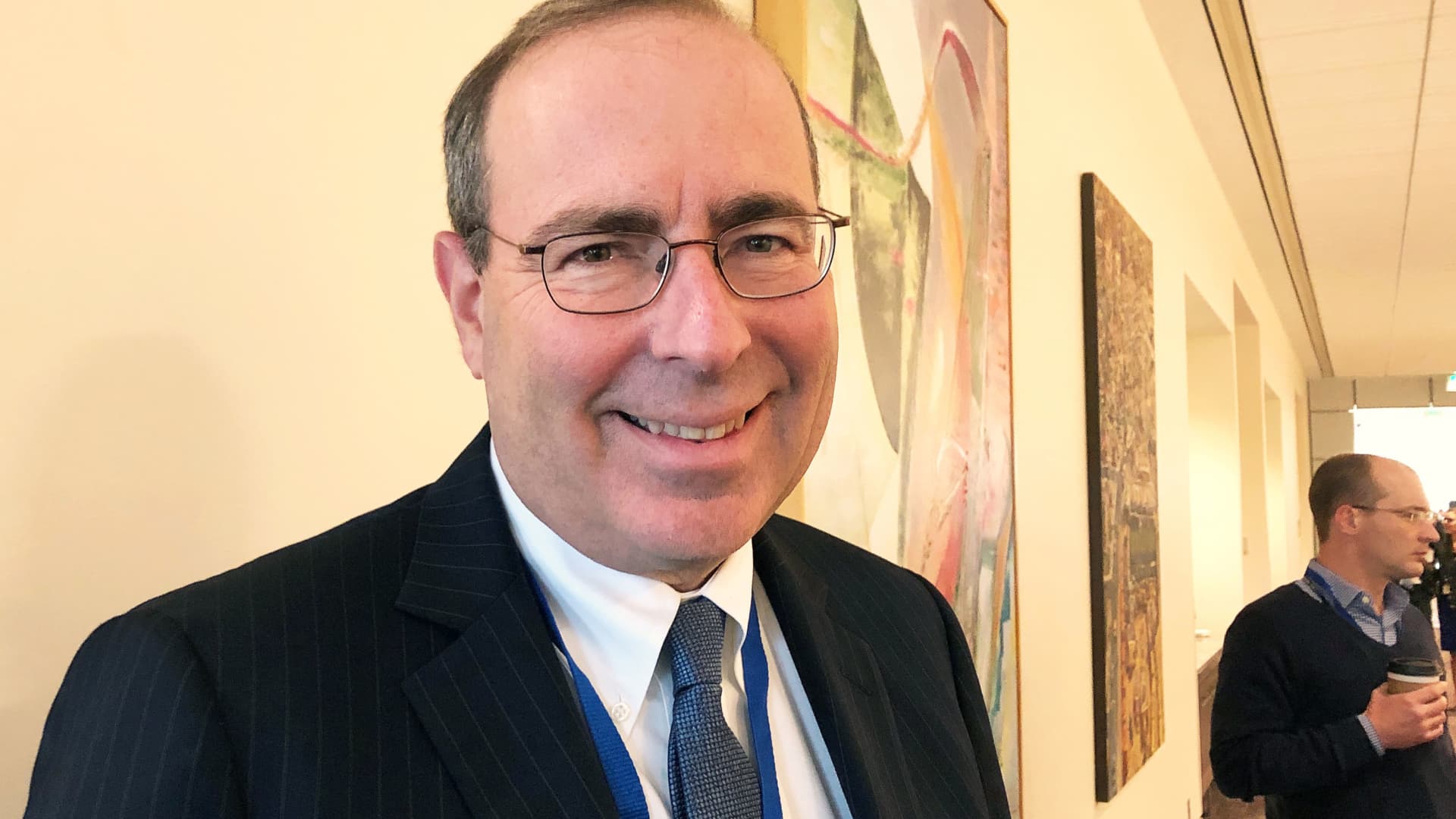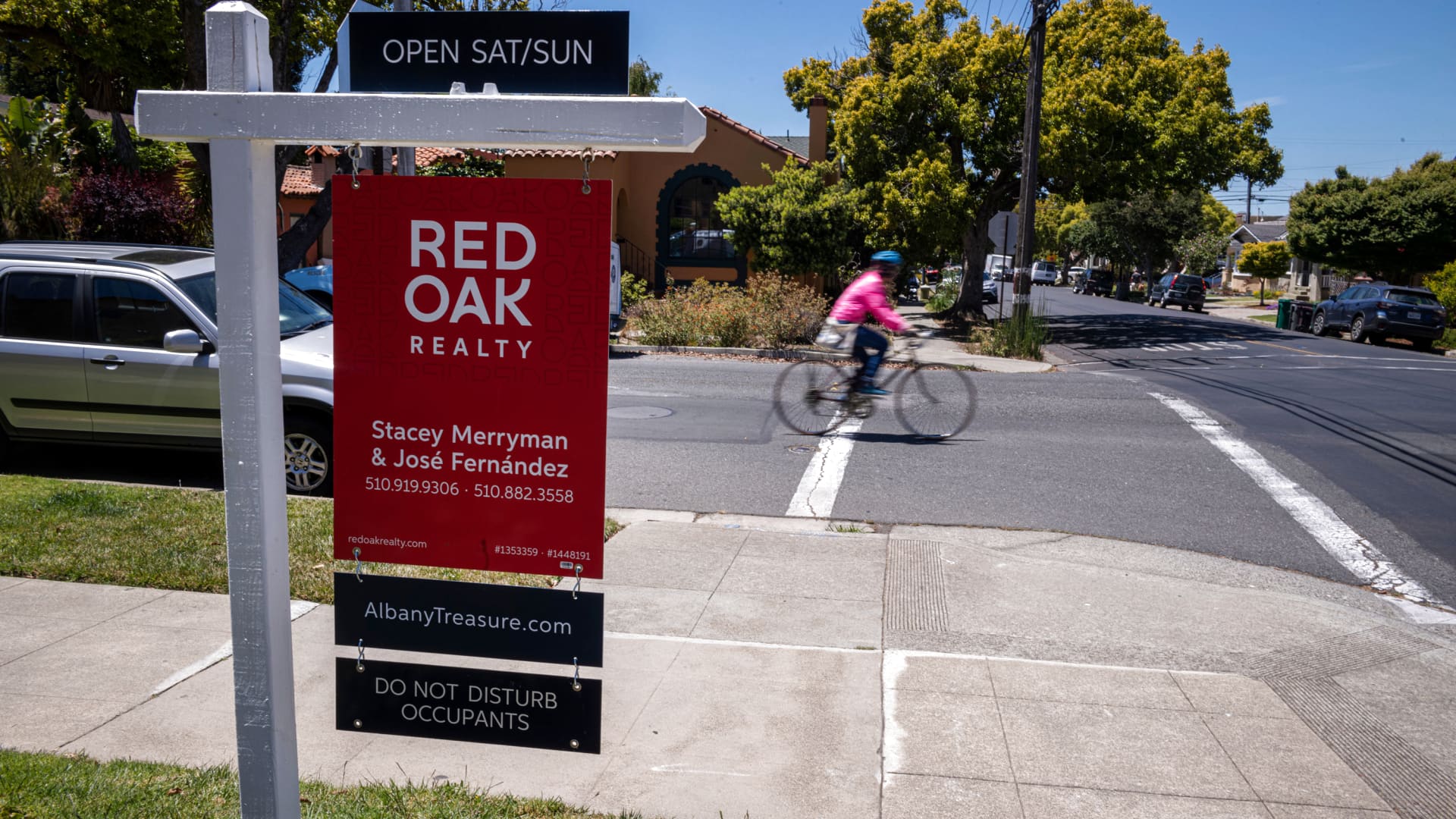Fed’s Barkin says rate increases need to continue until inflation holds at 2%


Despite positive inflation data this week, Richmond Federal Reserve President Thomas Barkin said Friday that more interest rate increases will be needed to tamp down price pressures.
Releases this week showing that consumer and wholesale price increases softened in July were “very welcome,” Barkin told CNBC’s “Squawk on the Street” in a live interview.
“So we’re happy to see inflation start to move down,” he added. But he noted that, “I’d like to see a period of sustained inflation under control, and until we do that I think we’re just going to have to continue to move rates into restrictive territory.”
Headline consumer prices were flat in July while producer prices declined 0.5%, according to the Bureau of Labor Statistics.
However, that was just one-month’s data: CPI still was up 8.5% on a year-over-year basis, and the producer price index climbed 9.8%. Both numbers are still far above the Fed’s 2% long-run inflation objective, so Barkin said the central bank needs to keep pushing forward until it achieves its goal.
“You’d like to see inflation running at our target, which is 2% at the PCE, and I’d like to see it running at our target for a period of time,” he said. The Fed uses as its preferred gauge the personal consumption expenditures price index; June headline PCE ran at a 6.8% annual rate while core excluding food and energy was at 4.8%.
Barkin’s comments reflect those of most Fed officials who have spoken recently about rates.
The central bank has hiked its benchmark borrowing rate 0.75 percentage point at each of its last two meetings. Markets are divided over whether the Fed will increase by three-quarters of a point in September or scale down to half a point, with traders tilting slightly toward the latter, according to CME Group data Friday morning.
Whichever is the case, Barkin said acting aggressively now is important. He said his constituents are deeply concerned about inflation and want action from the Fed.
“Consumers really dislike inflation, and one message that I get loud and clear as I wander around my district is, ‘we don’t like inflation,'” he said.
This post has been syndicated from a third-party source. View the original article here.




